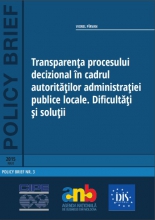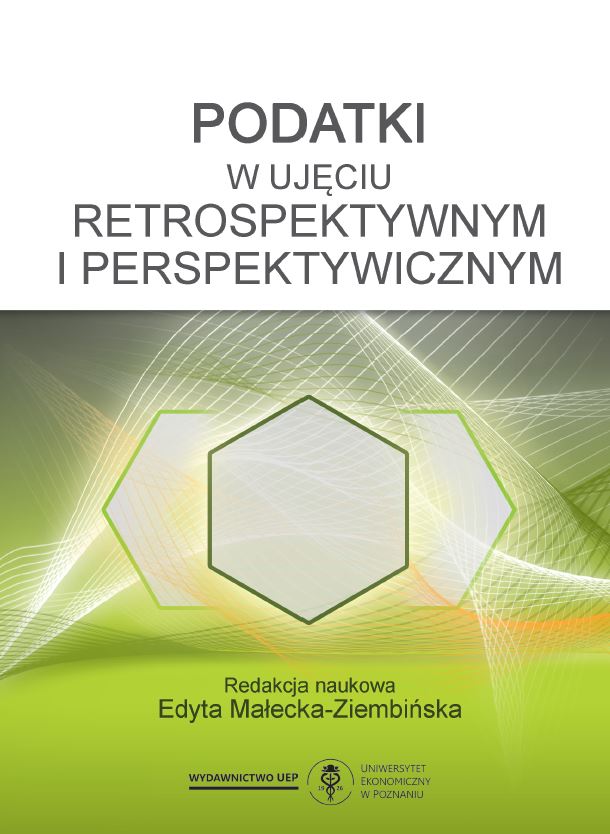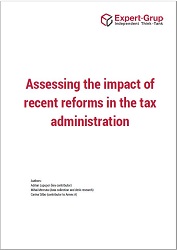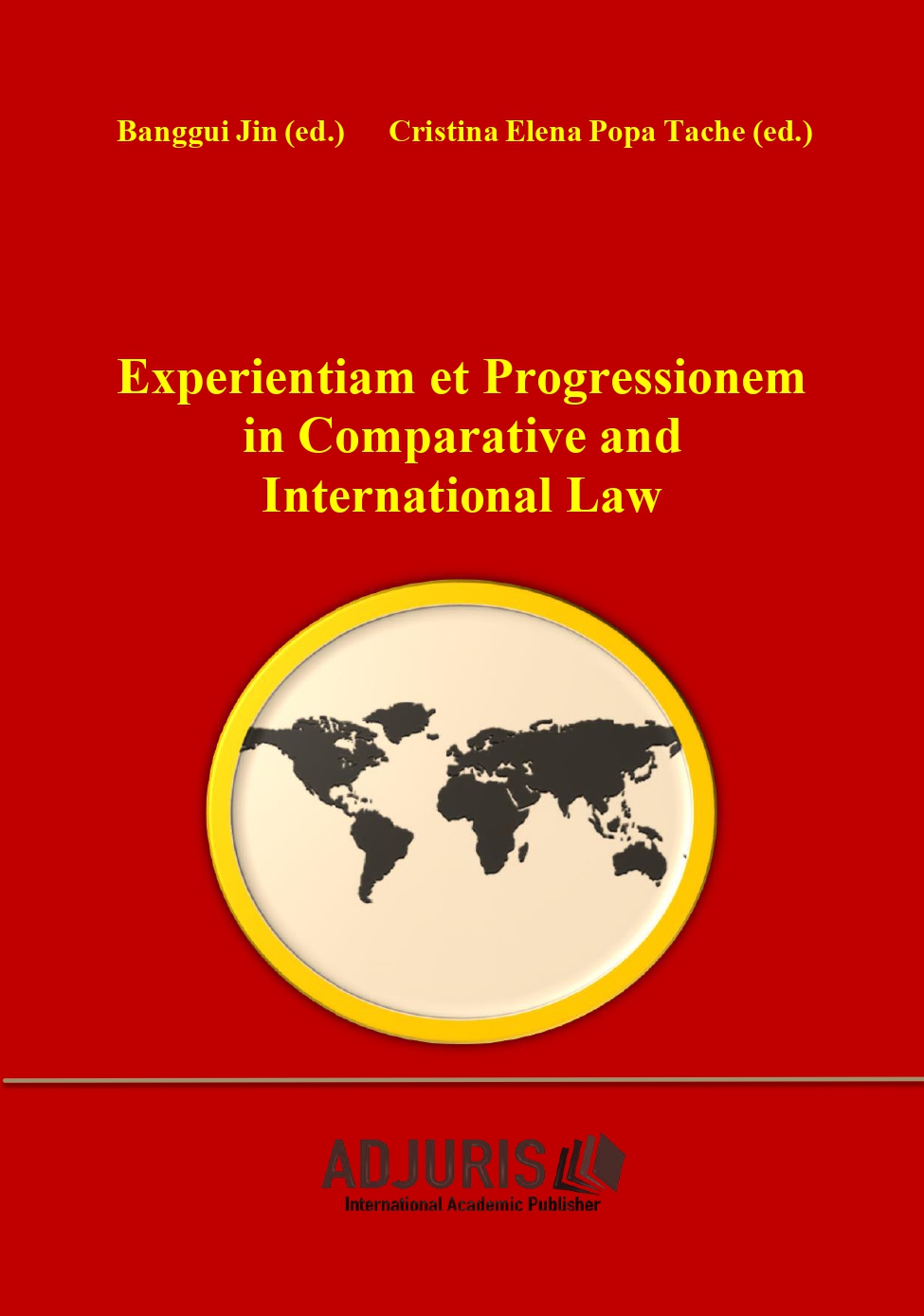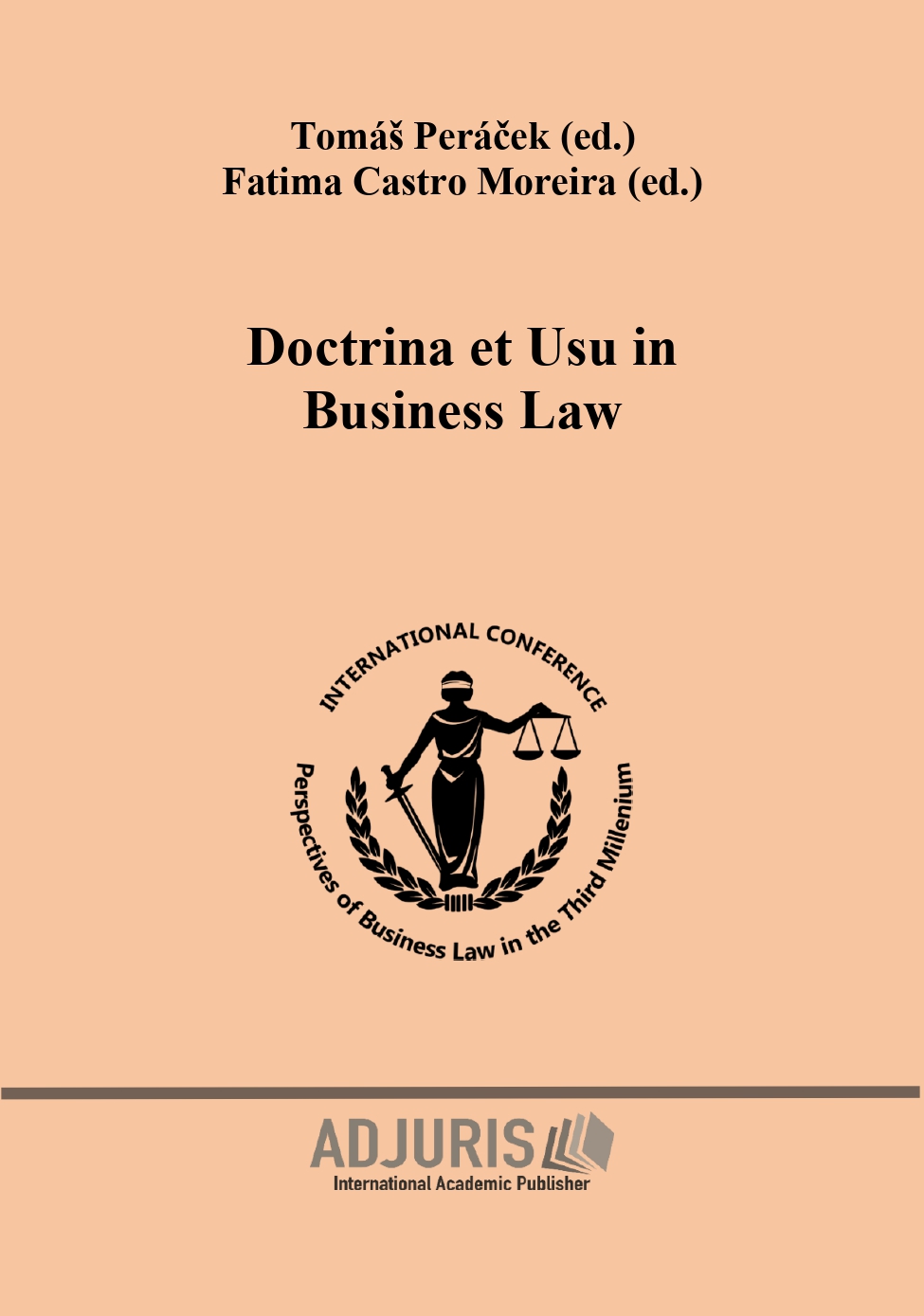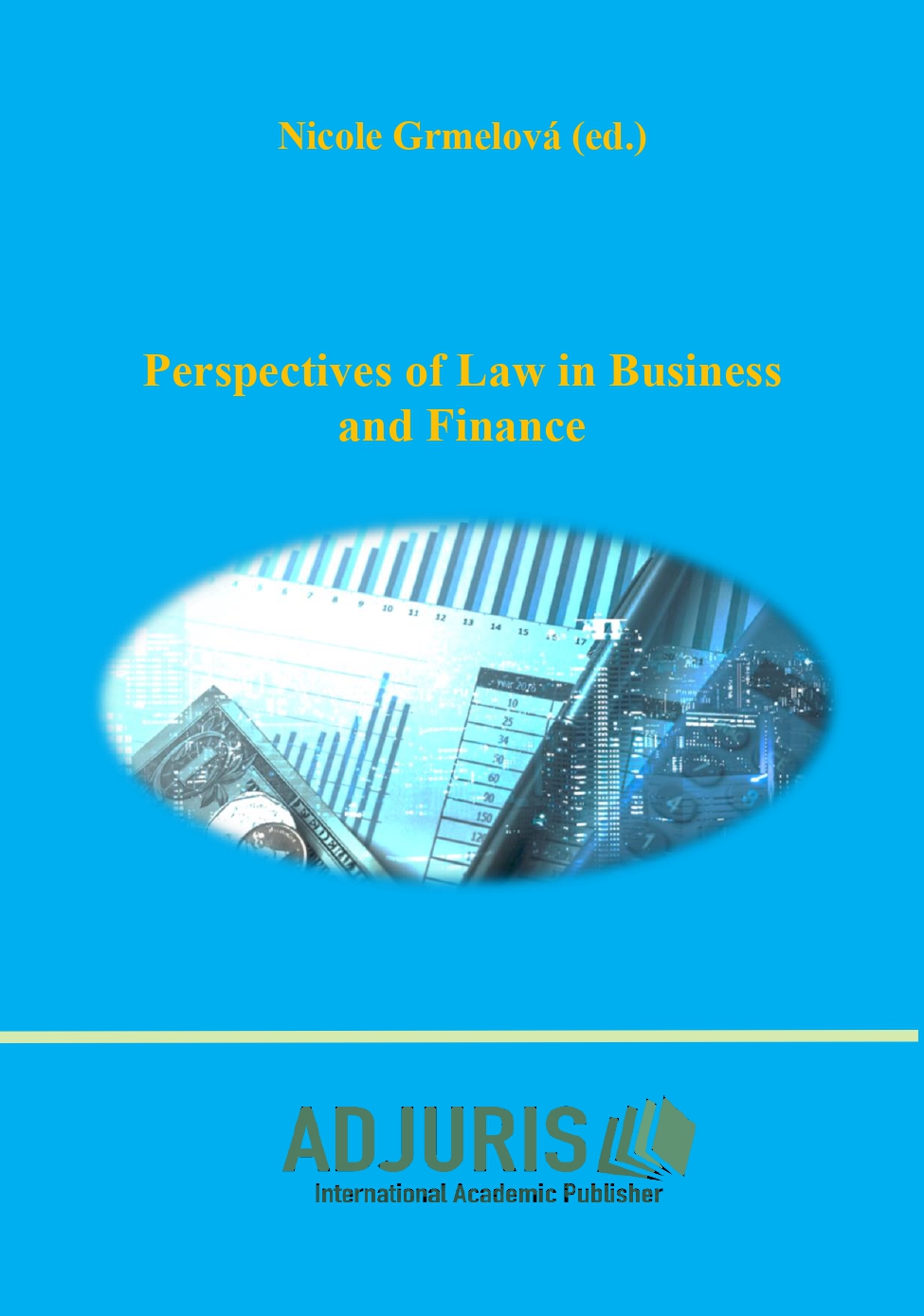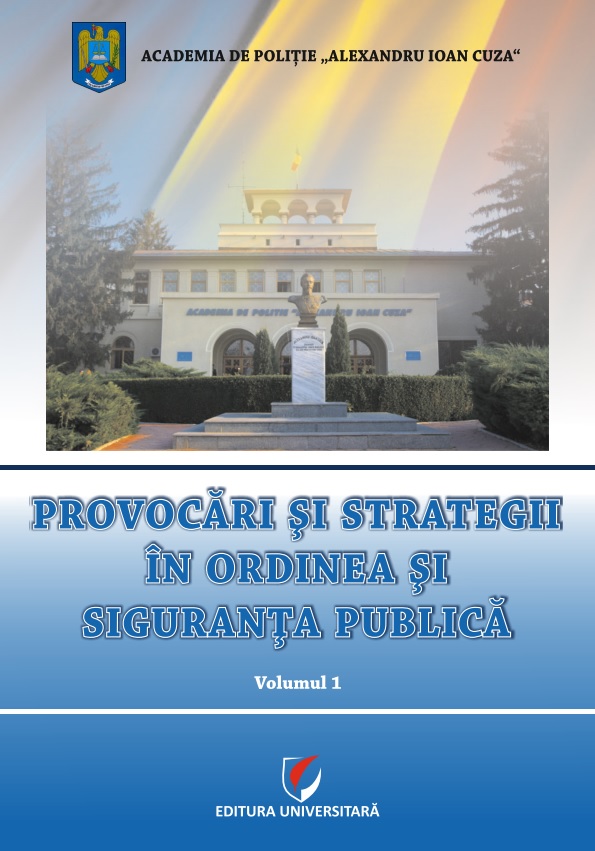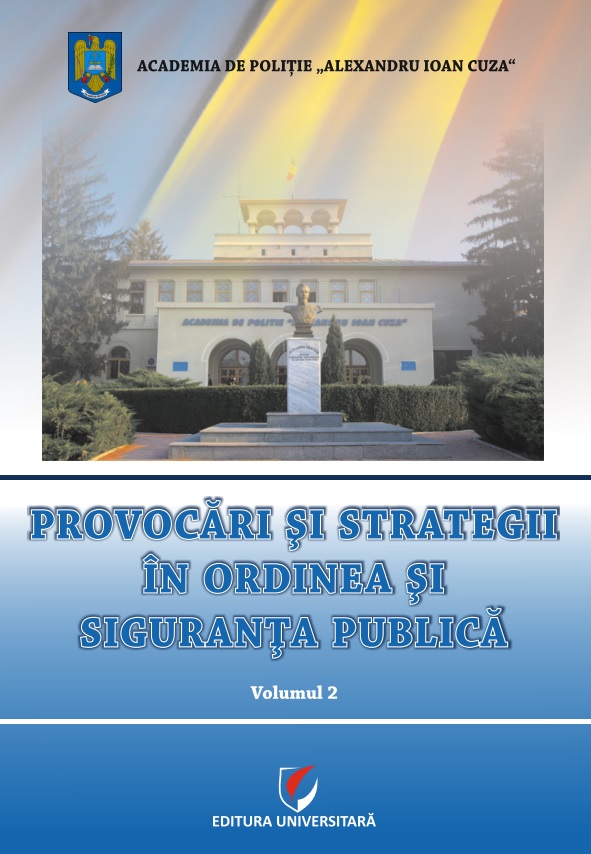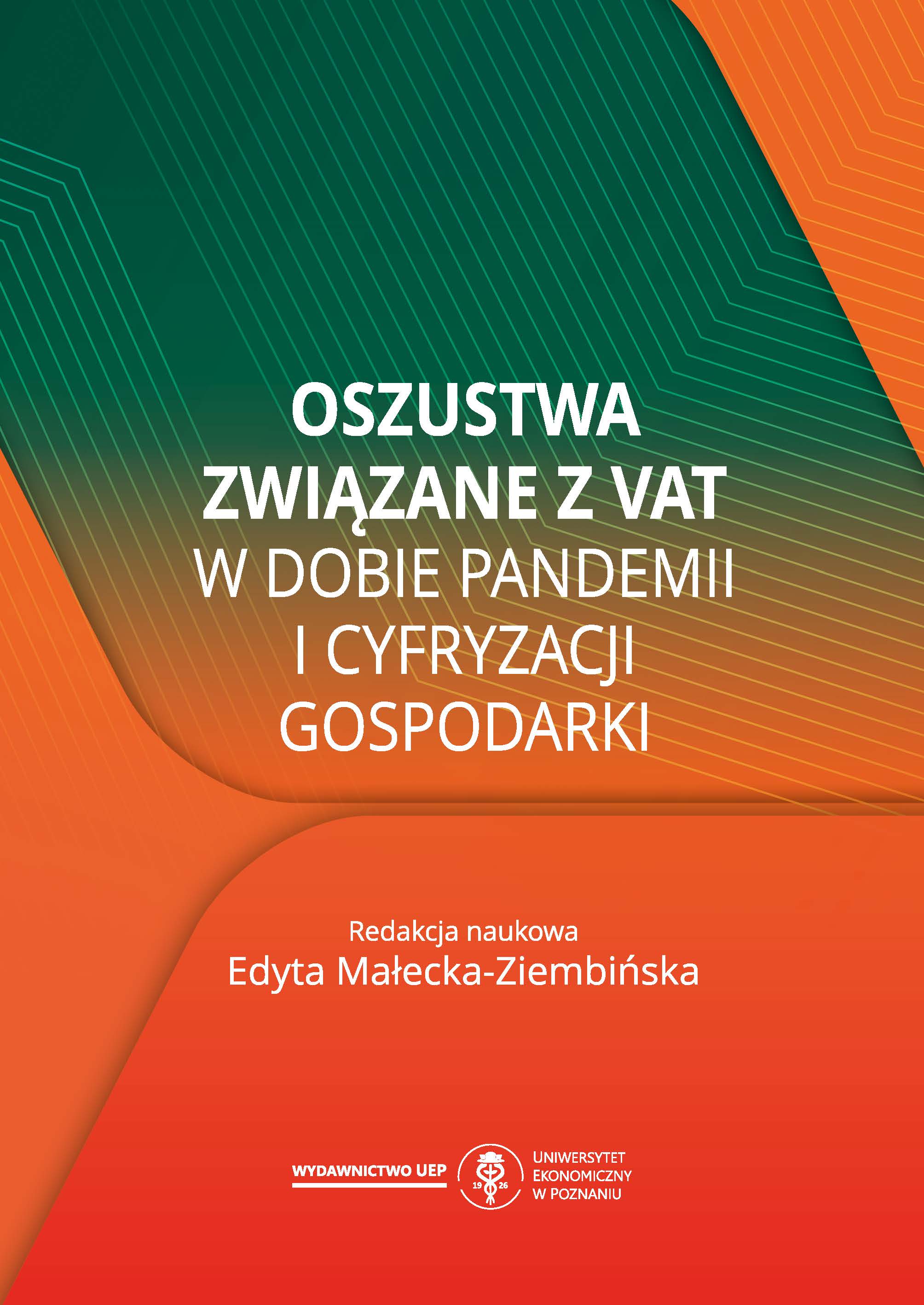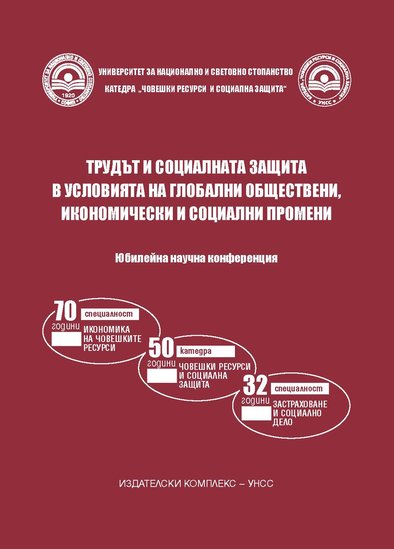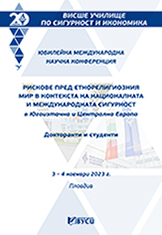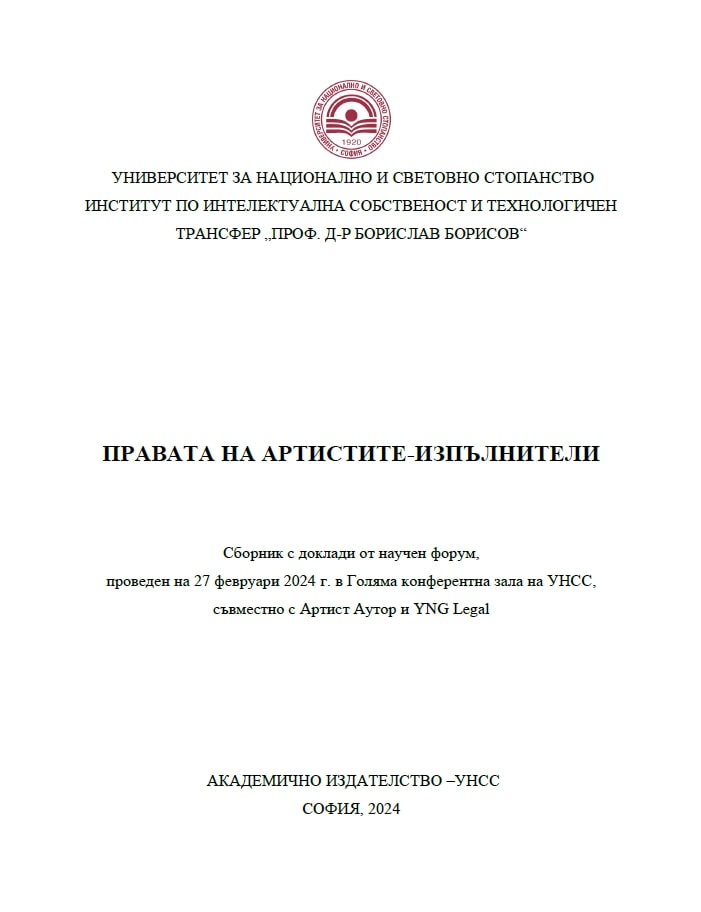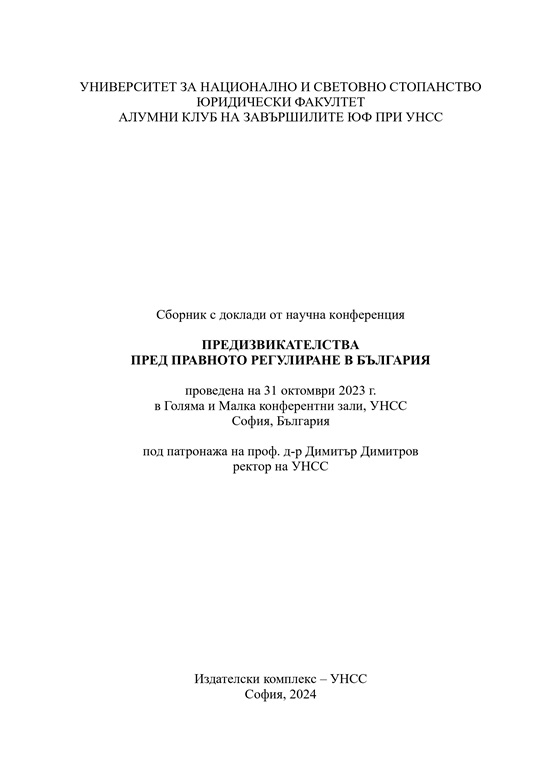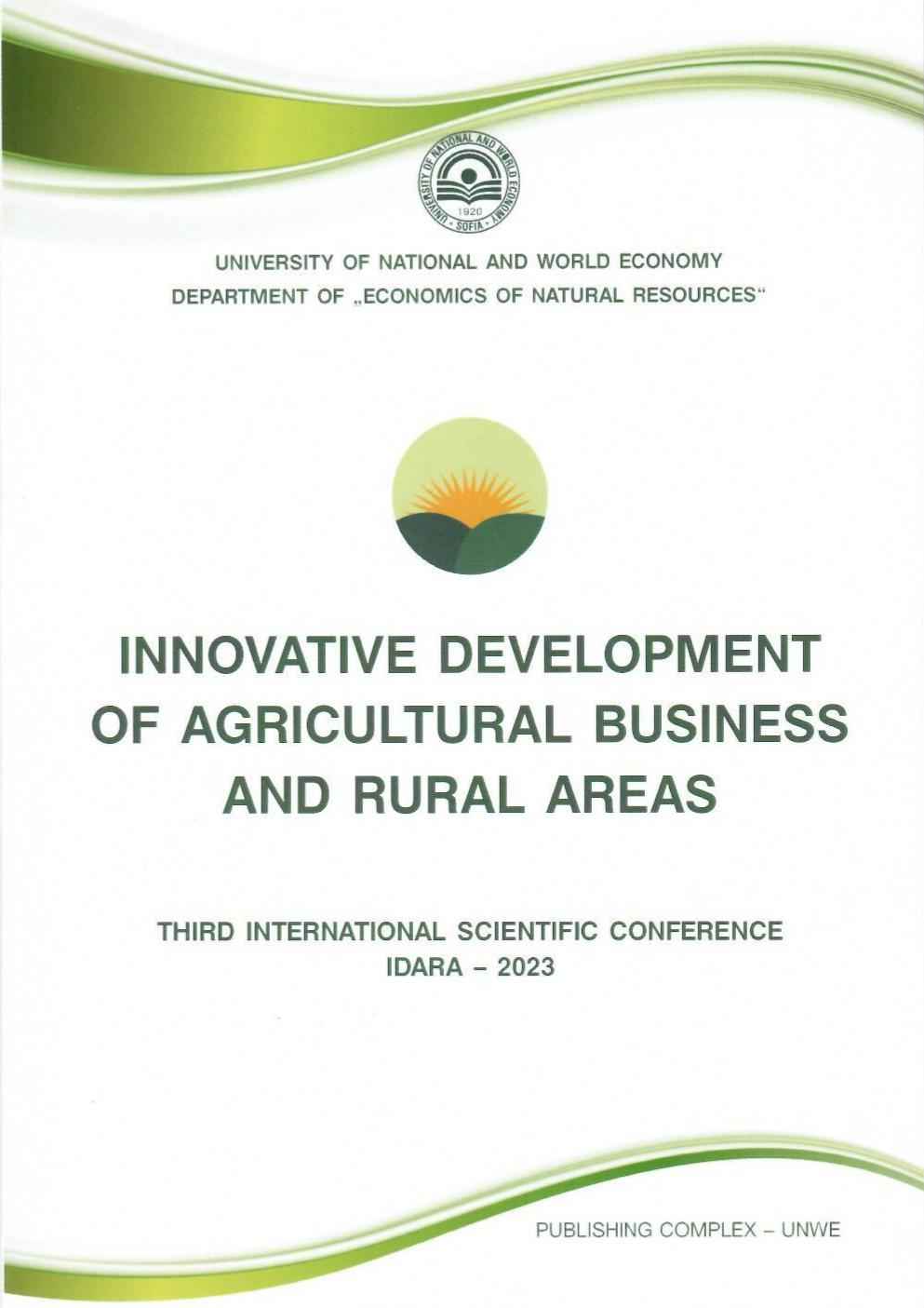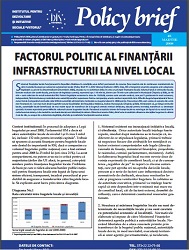
Factorul politic al finanţării infrastructurii la nivel local
The local finance system operates in the Republic of Moldova in the conditions of a permanent deficit of resources. Our country is still monitored by the Council of Europe on the subject of local autonomy. Although the Republic of Moldova has made some progress in adopting legislation on decentralization (December 2006), the situation has not changed at all in terms of local funding. The total volume of local revenues, consisting exclusively of local taxes, provided by current legislation, represents approx. 110 million lei, of which 70 million are collected in Chisinau and Balti, and 40 million are collected in the rest of Moldova. According to the legislation existing on 15.03.08, these are the only revenues, which can be managed autonomously, independently, without the interference and control of hierarchically superior authorities. For comparison, these revenues represent about 49% of the operational budget of the Customs Service. Comparing the revenues of the 898 administrative-territorial authorities with the budget allocated in 2008 for the Prosecutor's Office of the Republic of Moldova, we will see that the latter is financed 2 times more than the budgets of all localities in the Republic of Moldova, except Chisinau and Balti. We mention that, in addition to local revenues, local authorities benefit from several types of transfers from the central budget: broken down revenues, investment allowances, special purpose transfers. They represent over 98% of the volume of all local budgets. The paradox of the current local finance system is not related to the fact that there is no money in this system, but to the way the allocated money is distributed in the system. The objective of this Policy Brief is to analyze the dynamics of budget allocations in the last 4 years, in order to determine the legitimacy, effects and results of the operation of this system.
More...
